Garsdale and Dent Parish Councils Criticise Fibre GarDen Project

The Digital Dales (Fibre GarDen) project, which hopes to build a community managed fibre optic (FTTP) broadband network to connect rural homes in Garsdale and Dentdale (Cumbria, England), has suffered a blow after Dent Parish Council issued a positioning statement that appeared to attack the schemes funding and feasibility.
The statement is understood to have been drafted by a Dent resident Jock Cairns, who is one of the Hub Coordinators for the BT and Government supported Connecting Cumbria project, and it appears to have been endorsed by both Garsdale and Dent Parish Councils.
The £50.8m state aid supported Connecting Cumbria project aims to roll-out BT’s superfast broadband (FTTC/P) services to over 93% of the county by the end of 2015, which will soon be extended even further after the county was allocated an additional £2.86m (here) under the Broadband Delivery UK (BDUK) scheme.
But Fibre GarDen’s hopes of being able to play a part in that could now be in jeopardy after the new letter appeared to pick apart their project, as opposed to being written in the form of constructive criticism and recommendations for improvement. Some of the key highlights are as follows.
The Council Letter to Fibre GarDen
1. Capital funding. Fibre Garden (FG) has told residents that it has all the capital funding in place, but this may not be entirely accurate as it has yet to sign contracts with The Social Investment Bank, DEFRA and BDUK. Furthermore, if Connecting Cumbria uses government funding for work in this area, then FG would not be eligible to receive it for the same properties, thus creating a shortfall. FG has not made clear how it would deal with this, nor what contingency plans it has for any cost overrun. Its reluctance to address these issues publicly, and to say how much it has actually secured, raises questions for the parish councils (PCs) about the robustness of FG’s finances.
3. Open access or monopoly status. Although FG states that its network would be open to any ISP, BT has stated publicly it will not do use it, and it is likely that other major ISPs would follow suit. This would leave residents unable to access the combined internet and TV packages offered by these larger ISPs elsewhere in the country. FG has also stated publicly that it believes telephony providers will count as ISPs when assessing whether or not its network is open access, which suggests to the PCs that it is looking for ways to fulfil the letter rather than the spirit of the open access requirement.
4. Charges. FG’s proposed charges are £30 per month for a 30 Mbps connection and £50 per month for a 100 Mbps connection, with a free basic telephony service and the opportunity to upgrade this to the same quality as a good BT line for an additional £2 to £3 per month. FG has not made clear how it would be able to match any future reductions in charges by nationally based ISPs – indeed, with an effective monopoly and a need to generate revenue, the PCs believe it would have no financial incentive to do so.
5. Backhaul. FG is dependent on Network Rail to provide backhaul, but as this is only guaranteed for the first five years, it does not appear to be very secure. FG has not made clear whether any extension of the arrangement would be for Network Rail to decide unilaterally, at a price determined by them. It seems likely that FG’s bargaining position would not be a strong one, and the PCs do not feel that a project that might last only five years should be regarded as sustainable.
Admittedly Fibre GarDen might not have done themselves any favours, at least with regards to the issue of capital funding, after they responded to an earlier series of queries from Dent Parish Council (here) by appearing to evade some of the questions instead of providing a clear answer.
For example, one of the questions asked, “How much of the £650,000 does Fibre GarDen have in the bank?” (total project cost). At this point Fibre GarDen responded by saying, “The make-up of the finances have been public knowledge for a long time. The £650,000 will not exist in the Digital Dales (UK) Ltd bank account at any one time, e.g. the grant elements can only be drawn down following submission of paid invoices.” A more constructive reply might have been to their benefit.
The good news is that their reply to the latest statement (browse through from the letter linked above) does give a much more detailed outline, although it might still not be enough to satisfy everybody. Councils are notoriously risk-averse and being able to offer a clear outline of funding when asked can be crucial to a decision.
The statement also goes on to question the “open access” nature of the network, which is always a difficult one to assess since most ISPs would not consider a network that hasn’t even been built yet. Instead the question should have focused upon the strength of their commitment to ensure open access. Similarly major ISPs are rarely attracted to altnet platforms but smaller ones can be and that should not be overlooked.
Andrew Fleck, Chairman of Fibre Garden, said:
“A brief study of this attachment will reveal a level of hostility towards Fibre GarDen; many of the statements are simply inaccurate. However there is a risk that such inaccuracies may gain credibility and so, in order that there can be no misunderstanding, we are placing the questions and our responses in the public domain. In doing so, we would remind members of the community of the following:
* The alternative to Fibre GarDen will be a minor change to BT services which will leave 55% of Dentdale outside Dent and 0% of Garsdale with their current broadband provision.
* In the event that Fibre GarDen was to fail, the current BT service would still be in place.
We fail to understand why the Parish Councils have authorised a document which attacks the prospect of a £650,000 investment to the benefit of every property throughout our dales at no risk to the community.”
Fibre GarDen has provided some very useful responses to the latest statement and we recommend reading through all of it in order to get the proper context. In fact it probably makes for a good read by any community scheme because the sort of risk-averse scepticism seen within is a good reflection of what other similar projects can expect to receive from councils around the country. Knowing how to address the difficult questions could mean the difference between the life and death of a project.
Mark is a professional technology writer, IT consultant and computer engineer from Dorset (England), he also founded ISPreview in 1999 and enjoys analysing the latest telecoms and broadband developments. Find me on X (Twitter), Mastodon, Facebook and Linkedin.
« Phase 1 Fibre Broadband Upgrades for Hertfordshire and Buckinghamshire UK
Latest UK ISP News
- FTTP (5535)
- BT (3518)
- Politics (2542)
- Openreach (2299)
- Business (2267)
- Building Digital UK (2247)
- FTTC (2045)
- Mobile Broadband (1978)
- Statistics (1790)
- 4G (1669)
- Virgin Media (1624)
- Ofcom Regulation (1467)
- Fibre Optic (1396)
- Wireless Internet (1392)
- FTTH (1382)






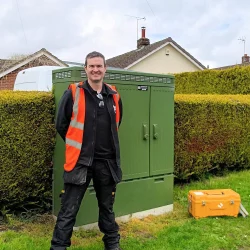
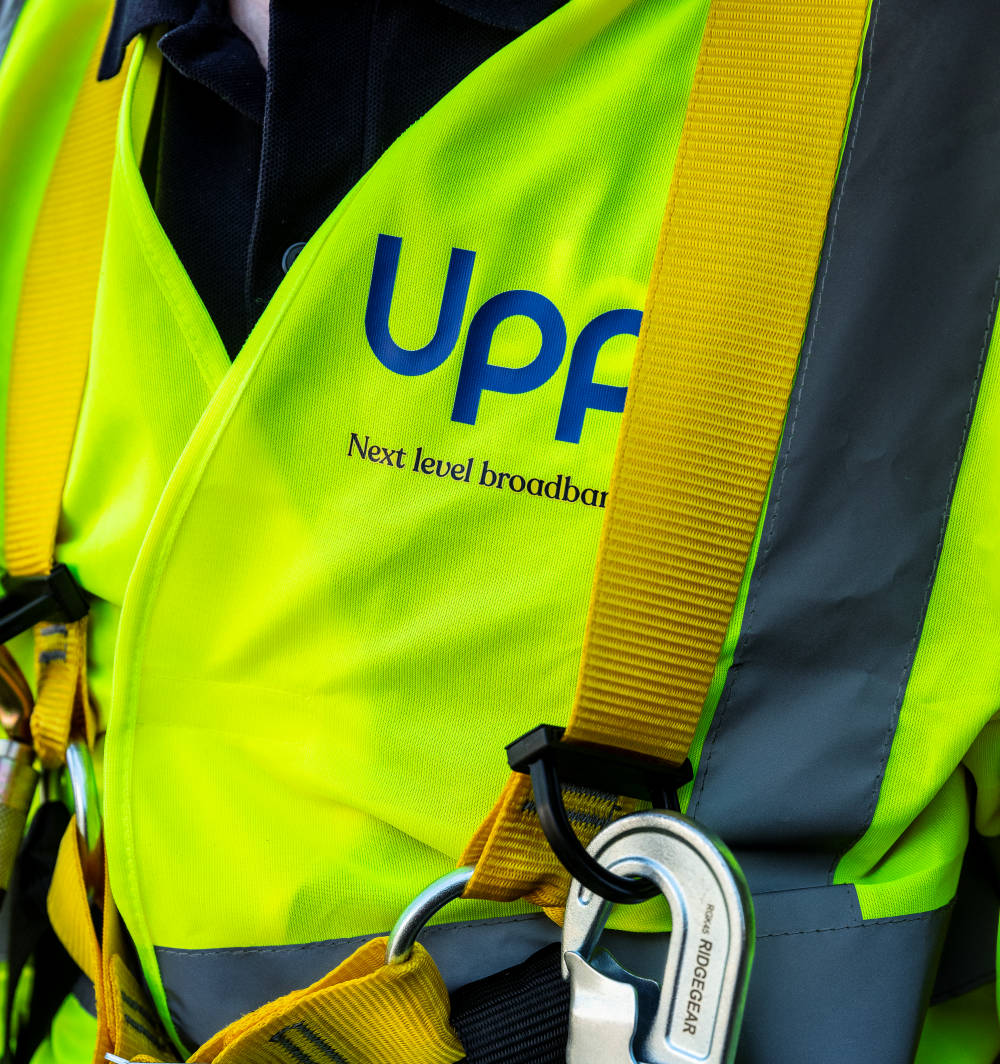





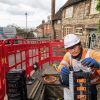









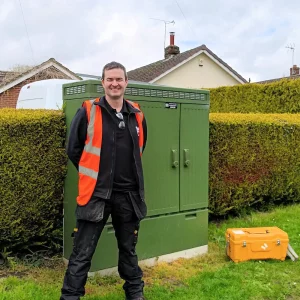
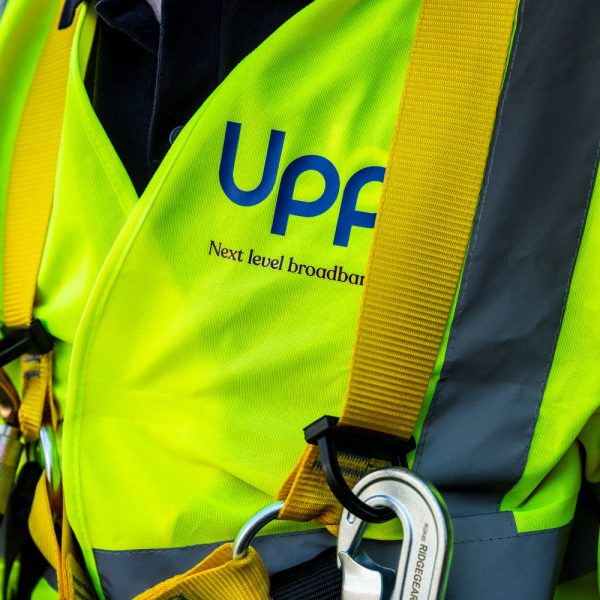




































Comments are closed